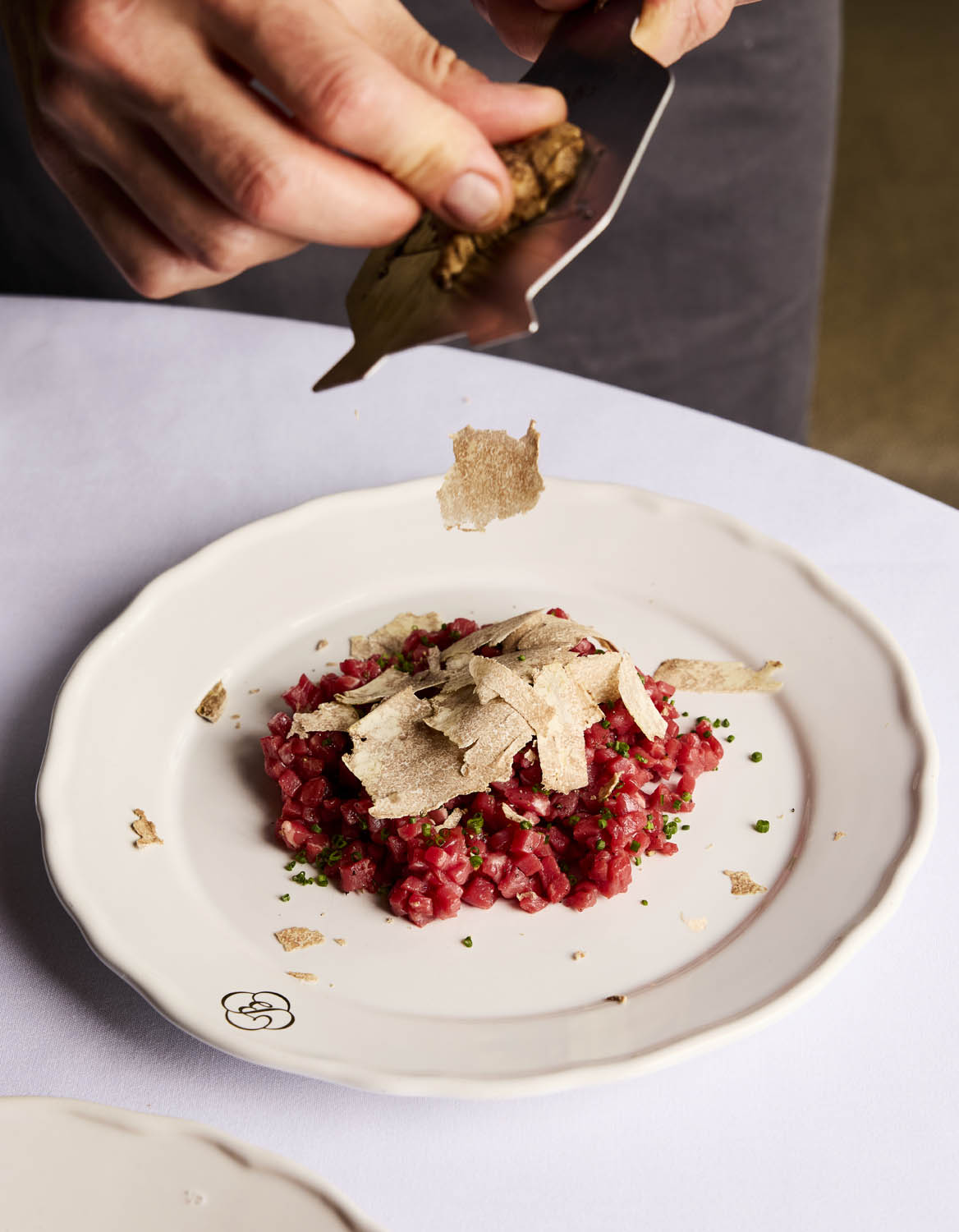Exploring German wines through Euro 2024 host cities
As Euro 2024 reaches the knock-out phases, there’s more to look forward to than football. Germany’s diverse and high-quality wines are ideal partners for watching the big matches.
Each host city for the Euro 2024 matches is located near a significant wine-producing region, offering fans a chance to pair their football experience with some exceptional local wines.
Here, we outline what to look out for:
Berlin: Gateway to the Saale-Unstrut Region
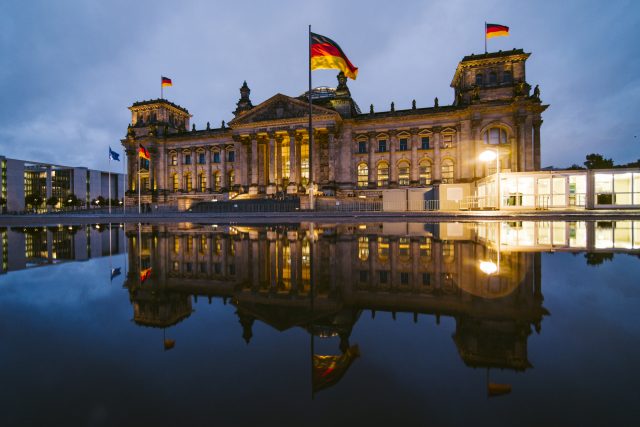
Berlin, the capital city, will be buzzing with football fever. Just a couple of hours southwest lies the Saale-Unstrut wine region, known for its picturesque vineyards and ancient winemaking traditions.
This region is Germany’s northernmost quality wine area, characterized by its cool climate and unique terroir.
Visitors can take a day trip to the charming towns of Naumburg or Freyburg to enjoy these wines at local wineries, such as the historic Rotkäppchen Sektkellerei.
Key Wines:
Müller-Thurgau: Light, crisp, and aromatic, this wine is perfect for a refreshing drink after an intense match.
Silvaner: Offers a slightly earthy tone with hints of herbs and apples, reflecting the region’s mineral-rich soil.
Munich: The heart of Bavarian Wine
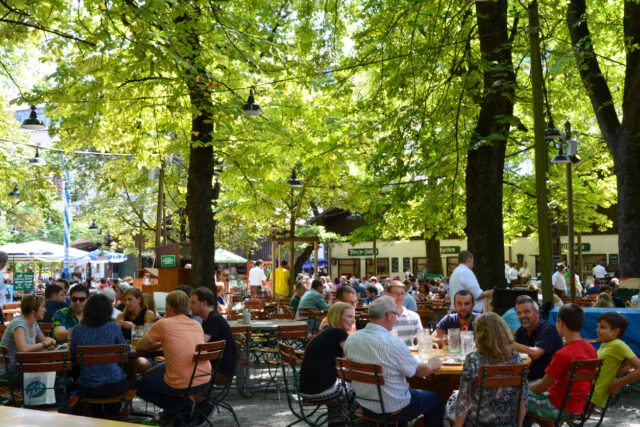
Munich, famous for its beer, also has a lesser-known but delightful wine culture.
Just an hour’s drive north, the Franconia (Franken) wine region offers some of Germany’s most distinctive wines, often bottled in the traditional Bocksbeutel flask.
Explore Würzburg, the heart of Franconian wine country, and visit the Würzburger Stein vineyard, one of the oldest and most prestigious in Germany.
Key Wines:
Silvaner: Known for its purity and expression of terroir, often considered the flagship wine of Franconia.
Riesling: Although less dominant here, Franconian Rieslings are full-bodied and slightly less acidic than those from other regions.
Hamburg: Schleswig-Holstein Wines
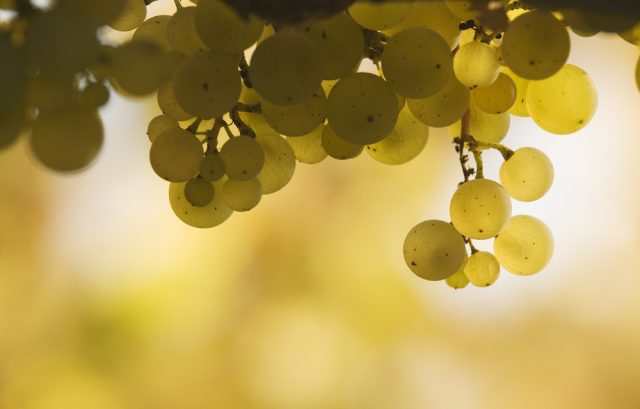
Hamburg, with its bustling port and cosmopolitan vibe, is not far from Schleswig-Holstein, an emerging wine region in Germany’s north. While this area is relatively new to viticulture, it has been producing some interesting cool-climate wines.
Visitors can enjoy wine tastings at local venues or even venture to the vineyards around Kiel and the picturesque countryside.
Key Wines:
Bacchus: A floral and fruity wine, often enjoyed young.
Riesling: Crisp and fresh, capturing the cool northern climate’s essence.
Leipzig: Saxony’s Wine Tradition

Leipzig, a city rich in cultural history, is near the Saxony (Sachsen) wine region, one of Germany’s smallest but most charming. This area is known for its steep terraced vineyards along the Elbe River.
Meissen, the heart of Saxon wine country, is just an hour from Leipzig and offers visitors a chance to explore its beautiful vineyards and historic wine cellars.
Key Wines:
Goldriesling: Unique to Saxony, this wine is light, aromatic, and slightly spicy.
Weißburgunder (Pinot Blanc): Offers delicate fruit flavours and a smooth finish.
Stuttgart: Württemberg
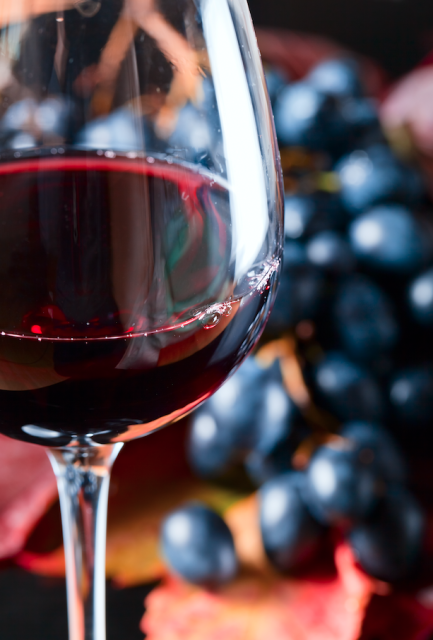
Stuttgart, surrounded by the Württemberg wine region, is a paradise for wine lovers. This area is known for its red wines, particularly those made from Trollinger and Lemberger grapes.
Visitors can enjoy these wines at the Stuttgart Wine Festival or take a short trip to the nearby town of Heilbronn, the wine capital of Württemberg.
Key Wines:
Partner Content
Trollinger: Light and fruity, often enjoyed as a summer wine.
Lemberger (Blaufränkisch): Full-bodied with rich berry flavours and a hint of spice.
Frankfurt: The Rheingau
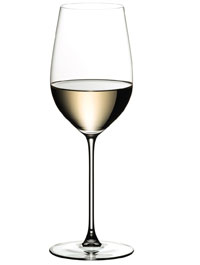
Frankfurt, a global financial hub, is also the gateway to the Rheingau, one of Germany’s most prestigious wine regions. Located just a short drive west, the Rheingau is renowned for its world-class Rieslings.
The town of Rüdesheim, with its scenic vineyards and historic estates like Schloss Johannisberg, offers an unforgettable wine experience.
Key Wines:
Riesling: From dry (trocken) to sweet (Auslese), Rheingau Rieslings are celebrated for their elegance, complexity, and longevity.
Spätburgunder (Pinot Noir/Nero): Gaining acclaim for its quality and depth.
Cologne: The Ahr Valley
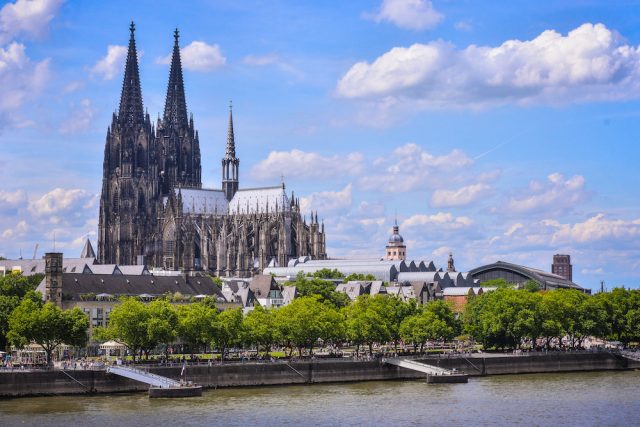
Cologne, known for its stunning cathedral and vibrant culture, is located near the Ahr Valley, a region famous for its red wines, particularly Spätburgunder (Pinot Noir).
A visit to the Ahr Valley, especially the town of Bad Neuenahr-Ahrweiler, provides an intimate look at some of Germany’s finest red wines.
Key Wines:
Spätburgunder (Pinot Noir/Nero): Often compared to Burgundy, these wines are elegant, with flavours of cherry and subtle oak.
Frühburgunder: A rare, early-ripening variety related to Pinot Noir, offering rich, dark fruit flavours.
Düsseldorf: The Mosel
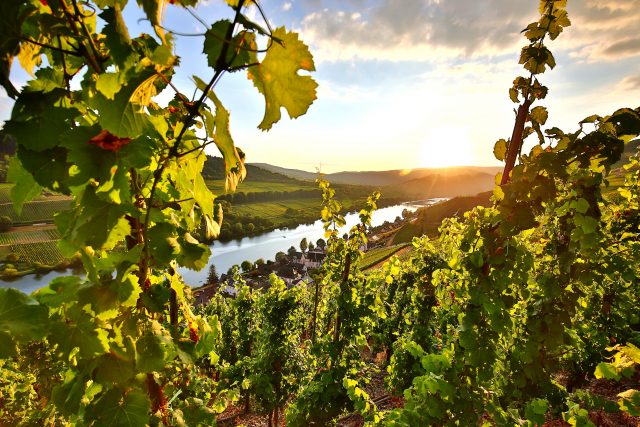
Düsseldorf, the fashion capital, is also a stone’s throw from the Mosel valley, home to some of the world’s most exquisite Rieslings.
The steep vineyards along the Mosel River create unique conditions for viticulture.
Trier, the oldest city in Germany, serves as a gateway to exploring the Mosel’s breathtaking vineyards and renowned wineries such as Weingut Egon Müller.
Key Wines:
Riesling: Known for its high acidity, minerality, and ability to age, Mosel Rieslings range from bone dry to lusciously sweet.
Elbling: One of Germany’s oldest grape varieties, producing crisp, refreshing wines.
Dortmund: Westphalian Wine
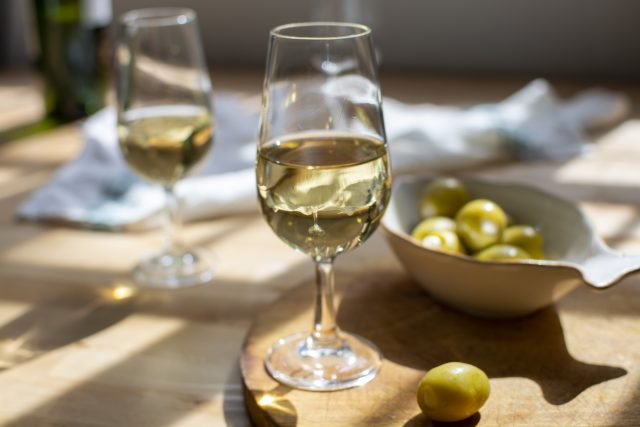
Dortmund, a city with a strong football heritage, is near the up-and-coming wine region of Westphalia (Westfalen).
This area is developing a reputation for producing high-quality wines in a challenging climate.
Visitors can explore the emerging wine scene in towns like Soest and Hagen, where local winemakers are pushing the boundaries of German viticulture.
Key Wines:
Regent: A robust red wine with dark fruit flavours and good tannin structure.
Phoenix: A disease-resistant variety producing aromatic white wines.
Gelsenkirchen: The Lower Rhine
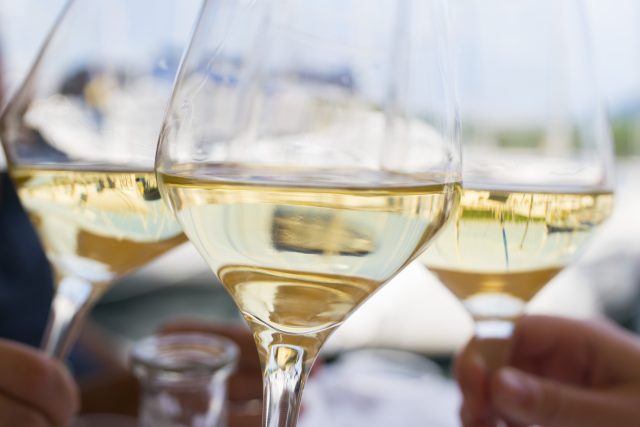
Gelsenkirchen, known for its football passion, is also close to the Lower Rhine (Niederrhein) wine region.
This lesser-known area is beginning to attract attention for its innovative winemaking.
Explore the quaint vineyards around Duisburg and Mönchengladbach, where new wine projects are flourishing.
Key Wines:
Johanniter: A white wine variety that offers a balance of fruit and acidity, well-suited to the local climate.
Solaris: Known for its ability to produce high-quality wines even in cooler climates, offering tropical fruit flavours.
Related news
'Using helicopters would have crippled us financially'
10 years of Tayu: Inside Chile’s most unique grower–winery collaboration




